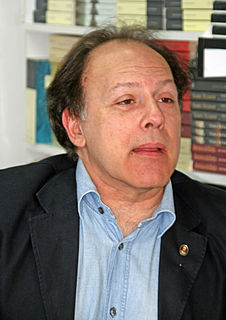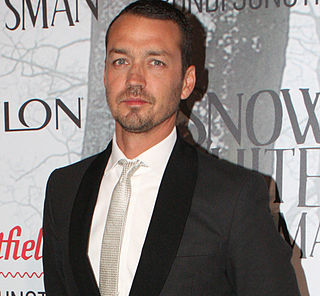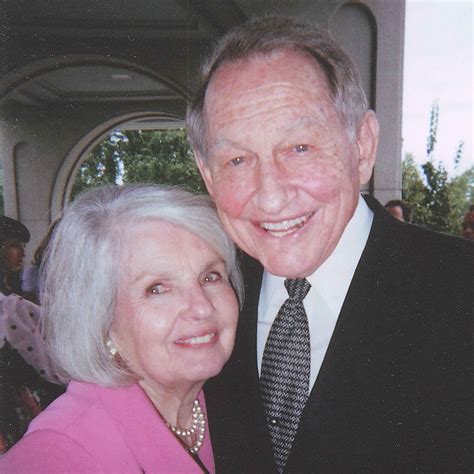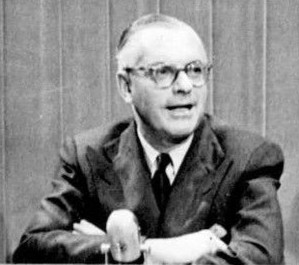A Quote by Javier Marías
One of the best possible perspectives from which to tell a story is that of a ghost, someone who is dead but can still witness.
Related Quotes
I believe in the complexity of the human story, and that there's no way you can tell that story in one way and say, 'this is it.' Always there will be someone who can tell it differently depending on where they are standing ... this is the way I think the world's stories should be told: from many different perspectives.
When we die, these are the stories still on our lips. The stories we’ll only tell strangers, someplace private in the padded cell of midnight. These important stories, we rehearse them for years in our head but never tell. These stories are ghosts, bringing people back from the dead. Just for a moment. For a visit. Every story is a ghost.
There is still a popular fantasy, long since disproved by both psychoanalysis and science, and never believed by any poet or mystic, that it is possible to have a thought without a feeling. It isn’t. When we are objective we are subjective too. When we are neutral we are involved. When we say ‘I think’ we don’t leave our emotions outside the door. To tell someone not to be emotional is to tell them to be dead.
The best time to tell your story is when you have to tell your story. When it's not really a choice. But then, when you get that first, messy, complicated version down, you have to read it over and be very tough on yourself and ask, 'Well what's the story here?' If you're lucky enough to have someone you trust looking over your shoulder, he or she can help you if [you] lack perspective on your own story.
I try to express with the camera what the story is, to get to the heart of the story with picture. In battle I look at things first in terms of people, second in terms of strategies or casualties... To tell a story, you don't photograph one hundred dead civilians to prove there were one hundred dead civilians. You photograph one dead civilian with an expression on his face that says, This is what it's like if you're a dead civilian in Vietnam.
I feel very strongly about the legacy of Ghost and I'm the next part of that chapter and hopefully a very long and continuing story through the franchise of Ghost in the Shell which is already a huge universe. So yes, I felt pressure, but you always feel pressure as an artist creatively in any endeavour you do, so you just have to do the best that you can do and then hope that is successful.
We who make stories know that we tell lies for a living. But they are good lies that say true things, and we owe it to our readers to build them as best we can. Because somewhere out there is someone who needs that story. Someone who will grow up with a different landscape, who without that story will be a different person. And who with that story may have hope, or wisdom, or kindness, or comfort. And that is why we write.






































